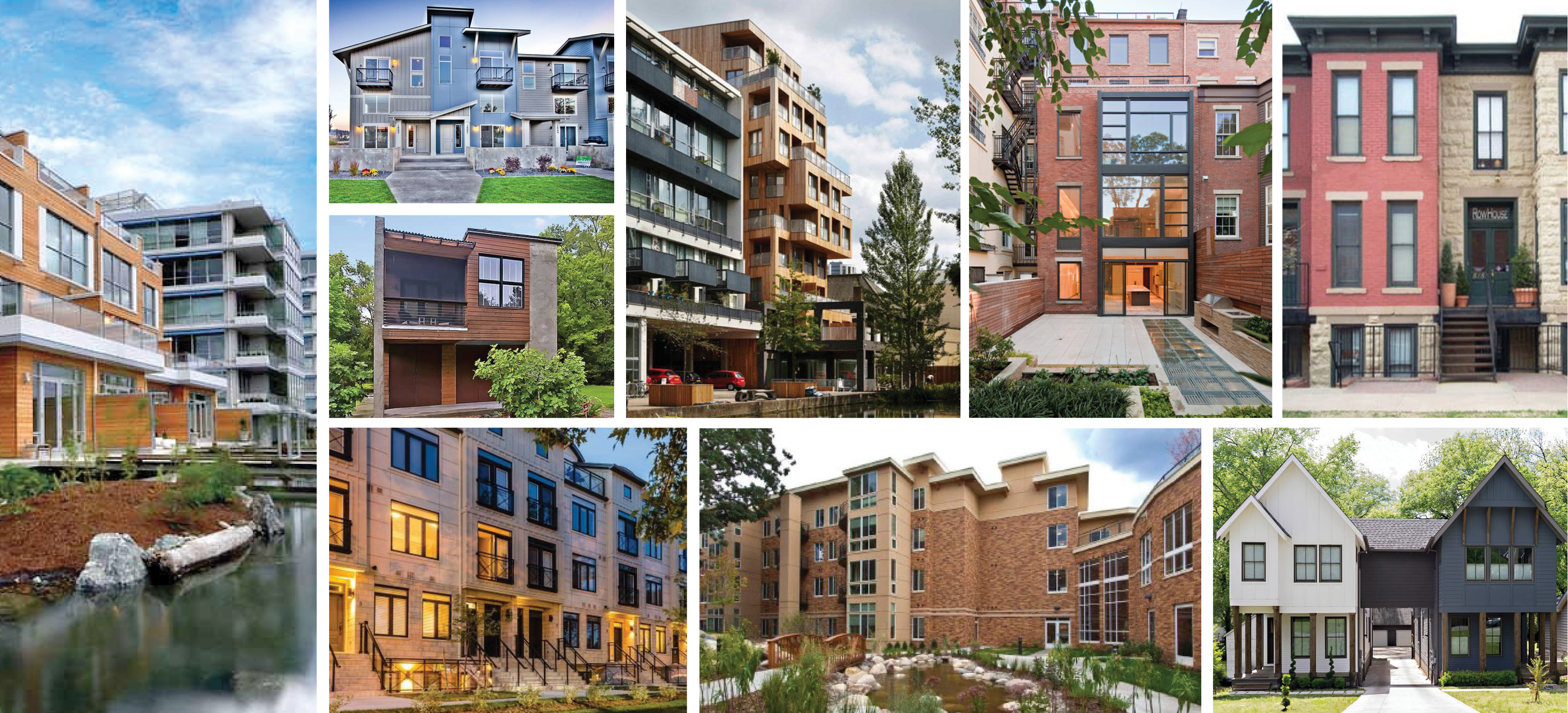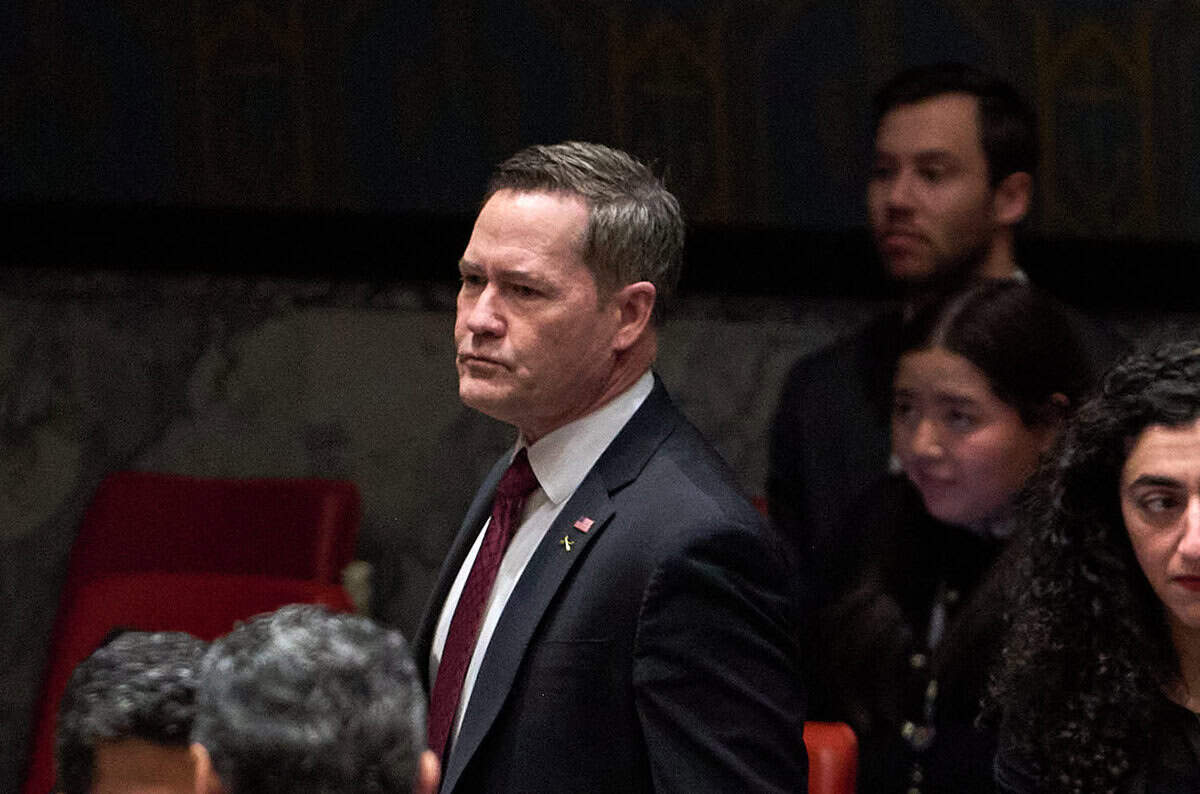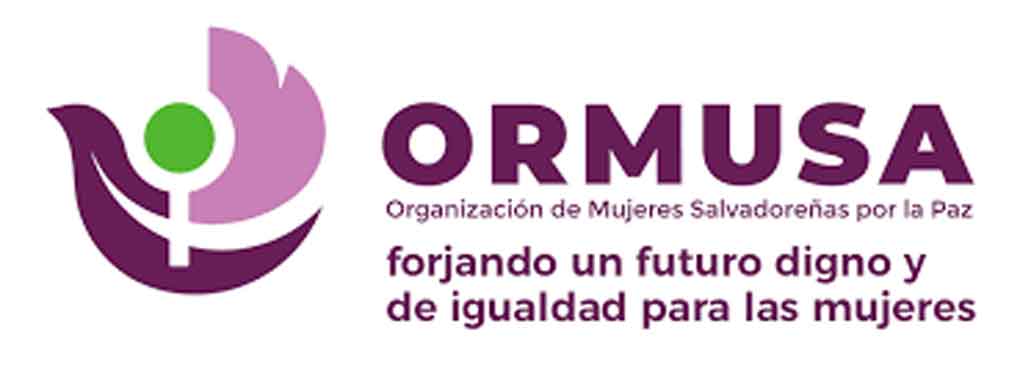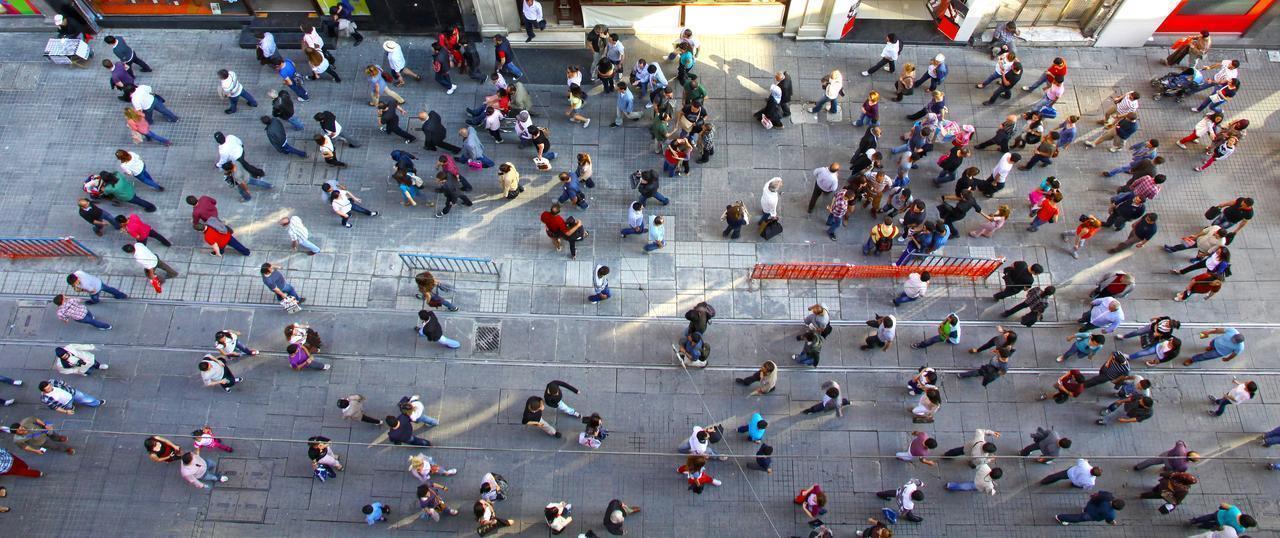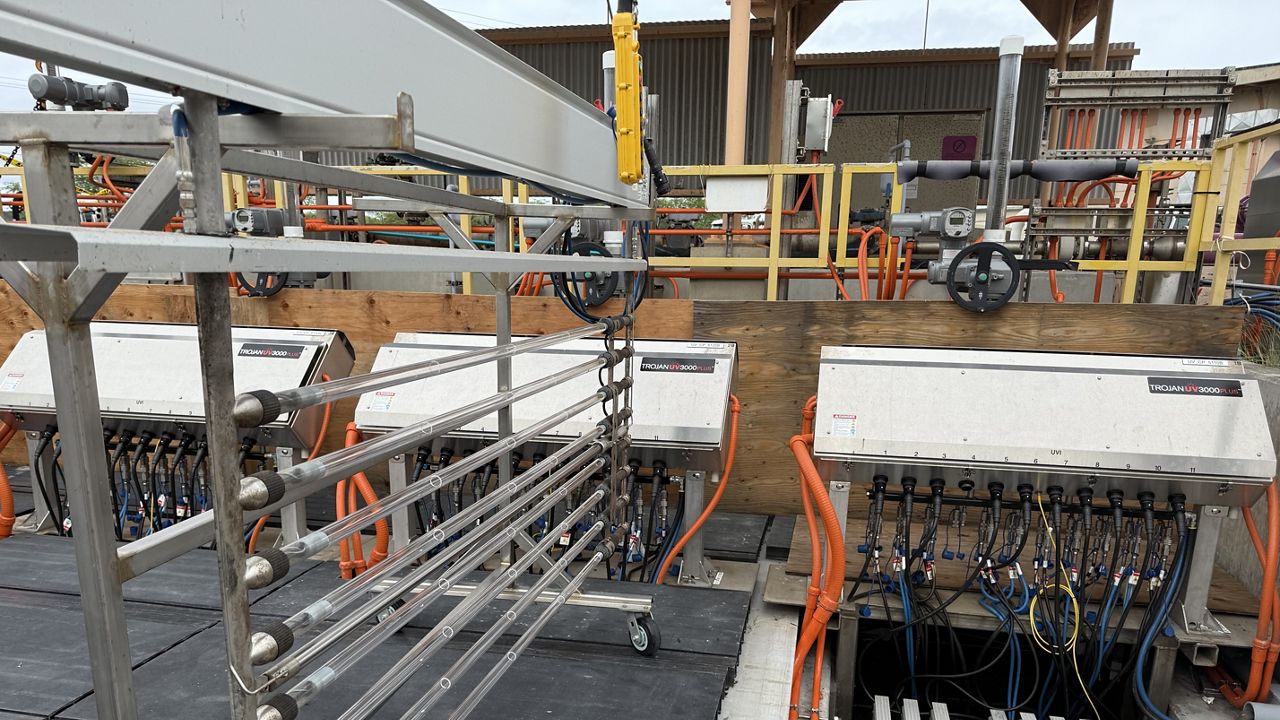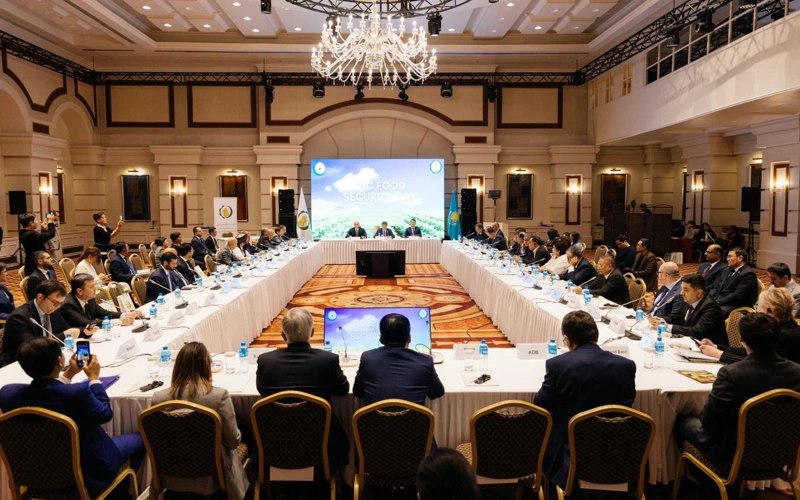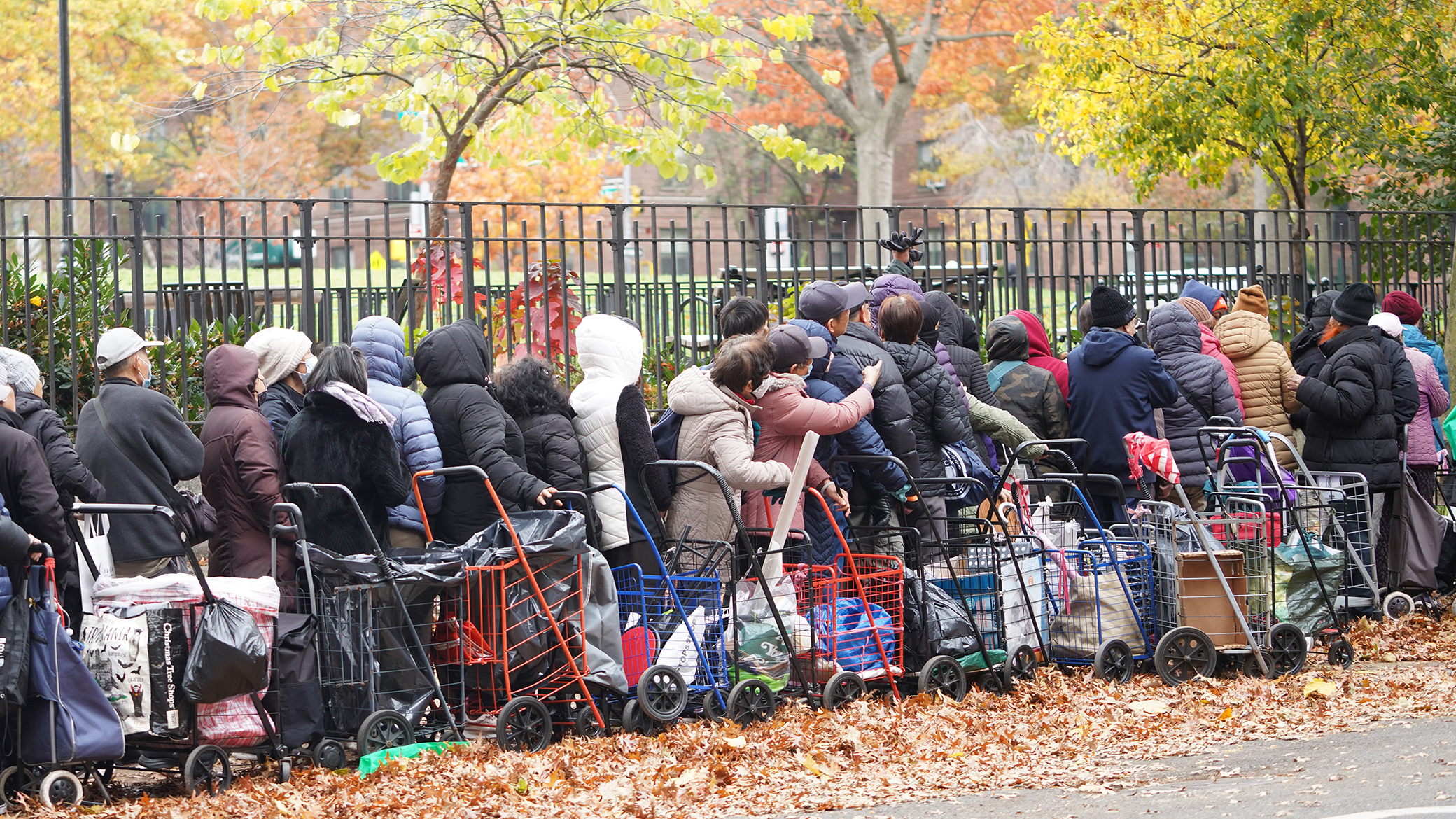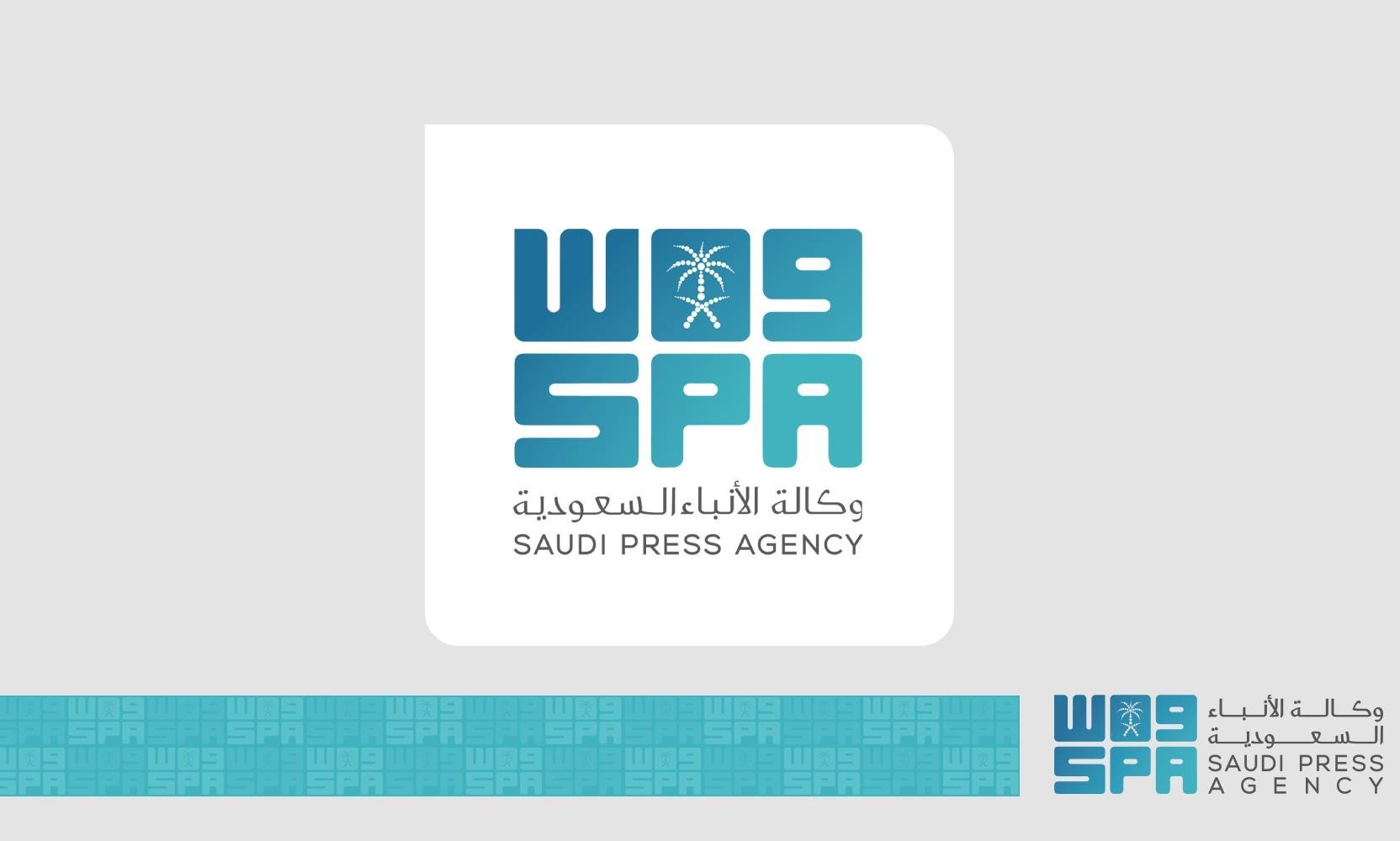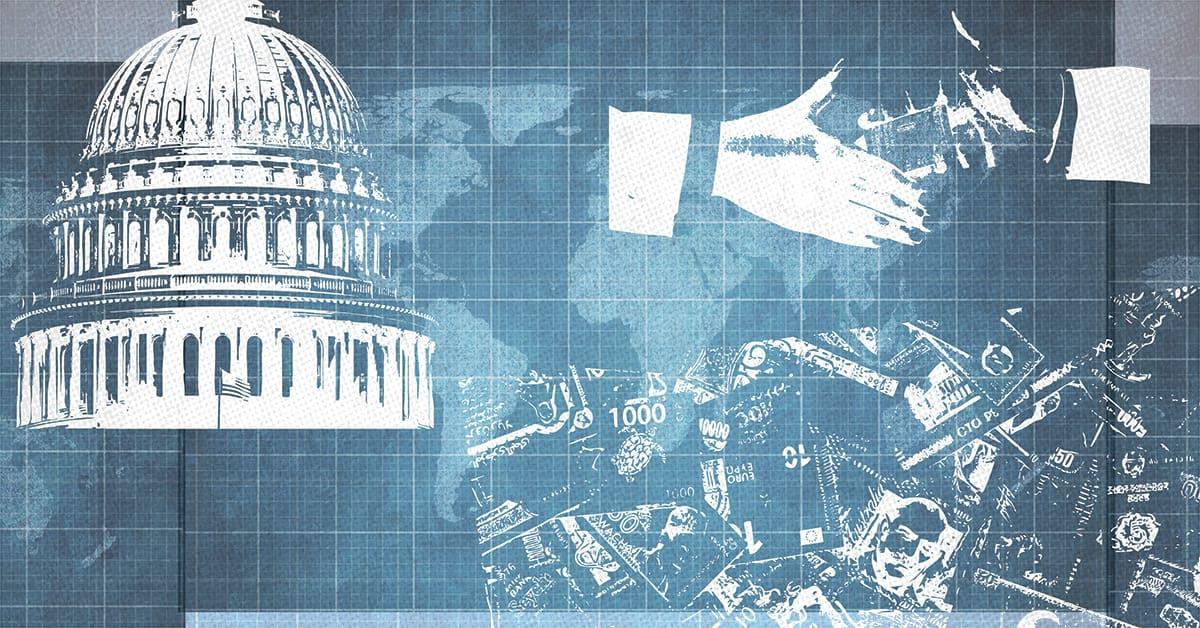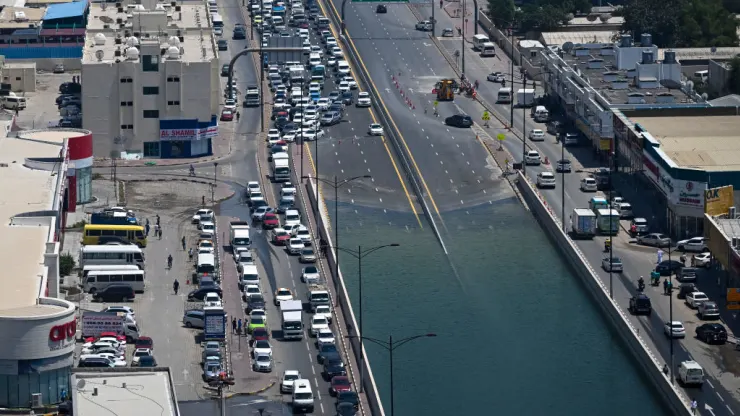Promotion and protection of the human rights and fundamental freedoms of Africans and of people of African descent against excessive use of force and other human rights violations by law enforcement officers (A/HRC/60/70) [EN/AR/RU/ZH] – ReliefWeb
![Promotion and protection of the human rights and fundamental freedoms of Africans and of people of African descent against excessive use of force and other human rights violations by law enforcement officers (A/HRC/60/70) [EN/AR/RU/ZH] – ReliefWeb](https://reliefweb.int/sites/default/files/styles/large/public/images/reports/66/49/664983f2-370b-3c46-9dd4-7e9f5f1db2bc.jpg?#)
UN Report on Reparatory Justice and Sustainable Development Goals
Addressing Historical Injustices to Advance SDG 10 and SDG 16
A recent report from the UN Human Rights Office urges States and other actors to intensify efforts toward delivering reparatory justice for Africans and people of African descent. The report identifies these measures as fundamental to dismantling systemic racism, a critical step in achieving Sustainable Development Goal 10 (Reduced Inequalities). It posits that addressing the legacies of enslavement, the trade in enslaved Africans, and colonialism is essential for building equitable societies. The pursuit of justice through these measures directly supports the objectives of SDG 16 (Peace, Justice and Strong Institutions) by promoting accountability and inclusive institutional frameworks.
The report outlines a comprehensive approach to reparations, which includes:
- Formal apologies
- Truth-seeking processes
- Memorialisation
- Medical and psychosocial support
- Financial compensation
A Multi-Stakeholder Approach for Comprehensive Reparations
The UN Human Rights Chief, Volker Türk, emphasized that an effective strategy must acknowledge the intricate links between historical injustices and present-day inequalities across all sectors of life. This requires a multi-stakeholder commitment, aligning with SDG 17 (Partnerships for the Goals). The report stresses that initiatives must be context-specific and guided by the affected communities. A key recommendation is to center the unique experiences of women of African descent, directly contributing to SDG 5 (Gender Equality).
Key principles for an effective approach include:
- Grounding initiatives in specific historical and local contexts.
- Ensuring measures are responsive to the evolving demands of communities.
- Centering the specific experiences of women of African descent.
- Guaranteeing meaningful, inclusive, and safe participation of affected peoples in the design and implementation of measures.
Current Initiatives and Contributions to Sustainable Development
Despite a general rollback in commitments to racial justice, the report acknowledges several positive initiatives undertaken by various actors. These actions contribute to multiple SDGs:
- SDG 11 (Sustainable Cities and Communities): Several European States are reviewing public spaces to remove or contextualise monuments linked to enslavement and colonialism. Museums are also addressing their collections’ historical links, and the restitution of cultural heritage, such as the “Benin bronzes,” is ongoing.
- SDG 4 (Quality Education): Academic institutions have initiated research into their historical ties to enslavement, issued apologies, and advanced educational opportunities for descendant communities.
- SDG 16 (Peace, Justice and Strong Institutions): Legal claims for compensation have been filed in multiple jurisdictions, strengthening public movements and applying political pressure for systemic change.
Recommendations for Systemic Reform and Future Action
The report calls for expanded research and policy development on broad structural issues that perpetuate inequality. This includes a focus on climate and environmental justice, recognizing the disproportionate impact on people of African descent and aligning with SDG 13 (Climate Action). Furthermore, it advocates for reforms to address shortcomings in development aid and the international financial and governance architecture, directly targeting the systemic drivers of inequality addressed in SDG 10. The ultimate recommendation is for all actors—including States, religious groups, and business enterprises—to confront their historical roles and implement concrete avenues for reparation to build a more just and sustainable future.
SDGs Addressed in the Article
Sustainable Development Goals Connected to Reparatory Justice
- SDG 10: Reduced Inequalities: The core theme of the article is the call for reparatory justice to dismantle systemic racism and address the profound, historically-rooted inequalities affecting Africans and people of African descent. The report explicitly links past injustices like enslavement and colonialism to present-day unjust structures.
- SDG 16: Peace, Justice and Strong Institutions: The article’s focus on delivering justice for past harms, promoting truth-seeking, ensuring inclusive participation in decision-making, and lodging legal claims for compensation directly relates to building just and accountable institutions. It calls on states to fight racial injustice and protect those who advocate for it.
- SDG 11: Sustainable Cities and Communities: The article mentions specific actions related to cultural heritage and public spaces, such as the “restitution of cultural heritage, including the return of ‘Benin bronzes'” and the review and contextualization of public spaces and monuments linked to enslavement and colonialism.
- SDG 4: Quality Education: The role of academic institutions is highlighted. The article notes that some universities are researching their historical links to enslavement, issuing apologies, and advancing “educational opportunities for descendant communities,” which contributes to a more inclusive and historically aware education.
- SDG 17: Partnerships for the Goals: The report issues a broad call to action, urging “States, business enterprises, religious groups, universities, museums and others” to work towards reparatory justice. This emphasizes the need for multi-stakeholder partnerships to address these complex historical and systemic issues.
Specific SDG Targets Identified
Targets Relevant to the Article’s Content
- Target 10.2: By 2030, empower and promote the social, economic and political inclusion of all, irrespective of race, ethnicity, or origin. The report’s demand that “Africans and people of African descent must guide the design and implementation of these measures through meaningful, inclusive and safe participation” directly aligns with this target.
- Target 10.3: Ensure equal opportunity and reduce inequalities of outcome, including by eliminating discriminatory policies and practices. The article’s central goal is to “dismantle the systemic racism” and “unjust structures and systems designed and shaped by the past,” which is the essence of this target.
- Target 16.3: Promote the rule of law at the national and international levels and ensure equal access to justice for all. This is supported by the article’s mention that “Claims for compensation have been lodged before courts in multiple jurisdictions,” highlighting the use of legal systems to seek justice.
- Target 16.7: Ensure responsive, inclusive, participatory and representative decision-making at all levels. The call for affected communities to guide the design and implementation of reparatory measures is a clear reflection of this target’s principle of inclusive decision-making.
- Target 11.4: Strengthen efforts to protect and safeguard the world’s cultural and natural heritage. The article provides a direct example of this target in action by citing the “restitution of cultural heritage, including the return of ‘Benin bronzes’.”
Indicators for Measuring Progress
Implied Indicators from the Article
- Number of formal apologies issued: The report explicitly calls for “formal apologies” from states and other actors. Tracking the number of official apologies issued would be a direct measure of progress.
- Establishment of truth-seeking initiatives: “Truth-seeking” is mentioned as a key component of reparatory justice. The number of commissions or formal processes established to investigate and report on historical injustices would serve as an indicator.
- Number of cultural heritage items restituted: The article uses the “Benin bronzes” as an example of “restitution of cultural heritage.” This suggests that the quantity of artifacts and cultural items returned to their communities of origin is a tangible indicator.
- Provision of compensation and support: The report calls for “compensation” and “medical and psychosocial support.” Progress could be measured by the establishment of compensation funds, the amount of financial reparations disbursed, and the number of support programs created for affected communities.
- Number of institutions (academic, business, religious) acknowledging and addressing historical links to enslavement: The article notes that “some” institutions have taken steps like funding research and creating memorials. An increase in the number of institutions undertaking such initiatives would indicate progress.
Table of SDGs, Targets, and Indicators
| SDGs | Targets | Indicators |
|---|---|---|
| SDG 10: Reduced Inequalities | 10.2: Promote social, economic, and political inclusion. 10.3: Ensure equal opportunity and reduce inequalities of outcome. |
– Level of meaningful and safe participation of people of African descent in designing reparatory measures. – Number of policies and actions implemented to dismantle systemic racism. |
| SDG 16: Peace, Justice and Strong Institutions | 16.3: Ensure equal access to justice for all. 16.7: Ensure responsive, inclusive, and participatory decision-making. |
– Number of legal claims for compensation lodged and processed. – Number of truth-seeking initiatives and formal apologies issued by states and institutions. |
| SDG 11: Sustainable Cities and Communities | 11.4: Strengthen efforts to protect and safeguard the world’s cultural heritage. | – Number of cultural heritage items restituted (e.g., Benin bronzes). – Number of public spaces/monuments linked to enslavement reviewed, removed, or contextualized. |
| SDG 4: Quality Education | 4.7: Ensure learners acquire knowledge for sustainable development, including human rights and cultural diversity. | – Number of academic institutions researching their historical links to enslavement. – Number of educational opportunities created for descendant communities. |
| SDG 17: Partnerships for the Goals | 17.17: Encourage and promote effective public, public-private and civil society partnerships. | – Number of multi-stakeholder (state, business, religious, academic) partnerships formed to advance reparatory justice. |
Source: reliefweb.int

What is Your Reaction?
 Like
0
Like
0
 Dislike
0
Dislike
0
 Love
0
Love
0
 Funny
0
Funny
0
 Angry
0
Angry
0
 Sad
0
Sad
0
 Wow
0
Wow
0

